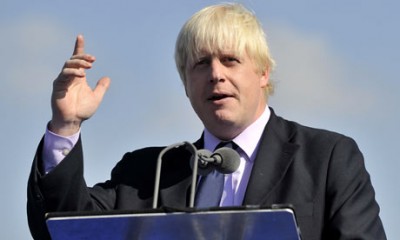You have no items in your cart. Want to get some nice things?
Go shopping
Accents fascinate me. I’m guilty of half-listening to people, half trying to figure out their accent. If we watch John Bishop’s stand-up routines, my husband has to translate, since I understand maybe only every other word.
While I was in England for a gap year programme, I became aware of how accents are linked to the class system. The States has a class system as well, but if class lines were road lines, America’s seem to be dotted white, while the UK’s seem solid yellow. I never saw class separation so starkly until I came here; it seems harder to move across those lines, particularly since accents play such a major part in the social labelling process—and it’s difficult to change your accent. For this reason I will probably remain an eternal tourist.
During those eleven months, I crossed paths with the word “posh”. It doesn’t translate well. I forget my initial introduction to the concept, but I remember having many confusing conversations about it.
“So, ‘posh’. Is it a negative thing?” I was on a quest to find its exact meaning, and my husband Jon, then boyfriend, was the unfortunate recipient of my inquisitive questions.
He had to think for a minute. “It can be, I guess. Some people see it as snobbish or hoity-toity.”
“But I’ve heard people say, ‘Look at her posh shoes.’”
“Well, in that case it would mean expensive, high-quality,” he explained.
“What if someone has a posh accent?” I’d realised America doesn’t have an equivalent. “Does that mean he’s full of himself, snobbish?”
“No, not necessarily…” Jon’s cheeks filled with air, deflated. Patient Jon. “If someone’s accent is posh, they might’ve had a privileged upbringing, maybe in a posh place…”
“A posh place? Does that mean expensive? Are all posh people well off?”
Jon said possibly, although not all well-off people are posh, an example being footballers.
I could have left the conversation then, but if I did, I would have walked away only grasping that “posh” means better than not-so-“posh”.
“Are you saying that posh people are superior to those less posh?” I narrowed my eyes. He knows how I react to unjust generalisations, although I often make them myself (see my other columns).
Then before he could answer I went further and asked him the question he’d never been asked before: “Are you posh?”
He laughed. “No, of course not.” (But further research rendered me suspicious. For example, he prefers rugby over football.)
Discussions like these started in 2010 but have carried on into our marriage. The other night it resumed where it had left off, and every so often Jon would laugh at my questions, defending his hilarity with, “I’ve never had to think about this before, that’s all.” He explained that in another era, posh indicated many things about class—wealth, education, social standing—but that today’s culture doesn’t have a context for all that “posh” meant back then, so some people affix the label to a certain accent.

“Are you posh?” That question is similar to the question, “Are you rich?” Who would say yes? They’re relative terms. Jon struggled with a definition and so resorted to examples, such as videos like Gap Yah and a Prince William interview. Examples do help, although both an isolated example and a general definition might still succeed in offending someone, somewhere. Generalisations tend to do that.
It makes me wonder, though. I ask Jon if he’s posh, and he can say no, as his poshness is debatable—there’s always someone more posh than he is. But what if someone were to ask Boris Johnson? I’m seriously curious as to what he would say.
So, how would you define posh to a non-native?

About Shannon Evans
Shannon Evans, originally from Florida, moved to London in December 2011. Her idea of a perfect Friday evening involves a book and a cup of tea, and her favourite book of all time is Till We Have Faces by C.S. Lewis.




